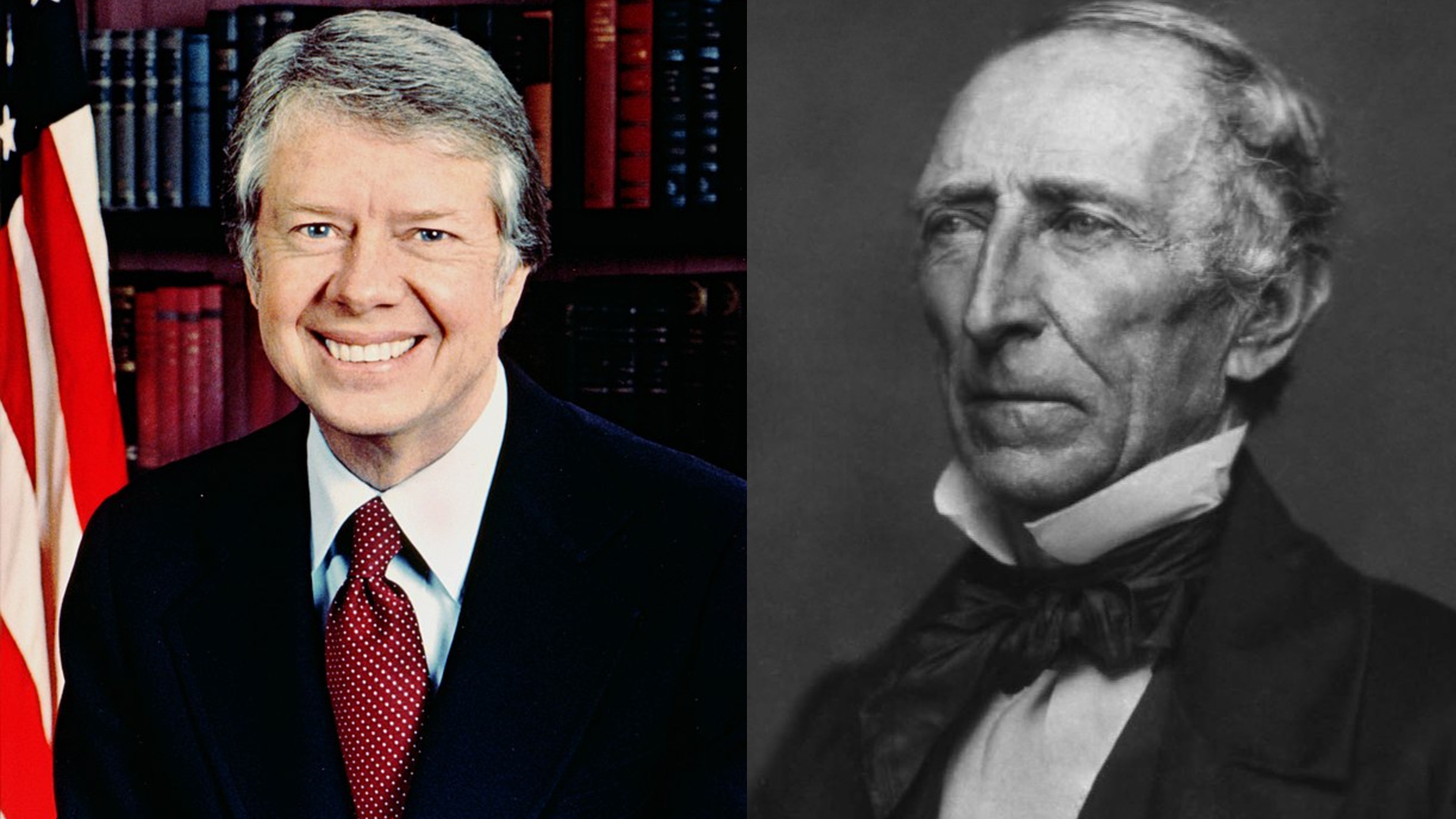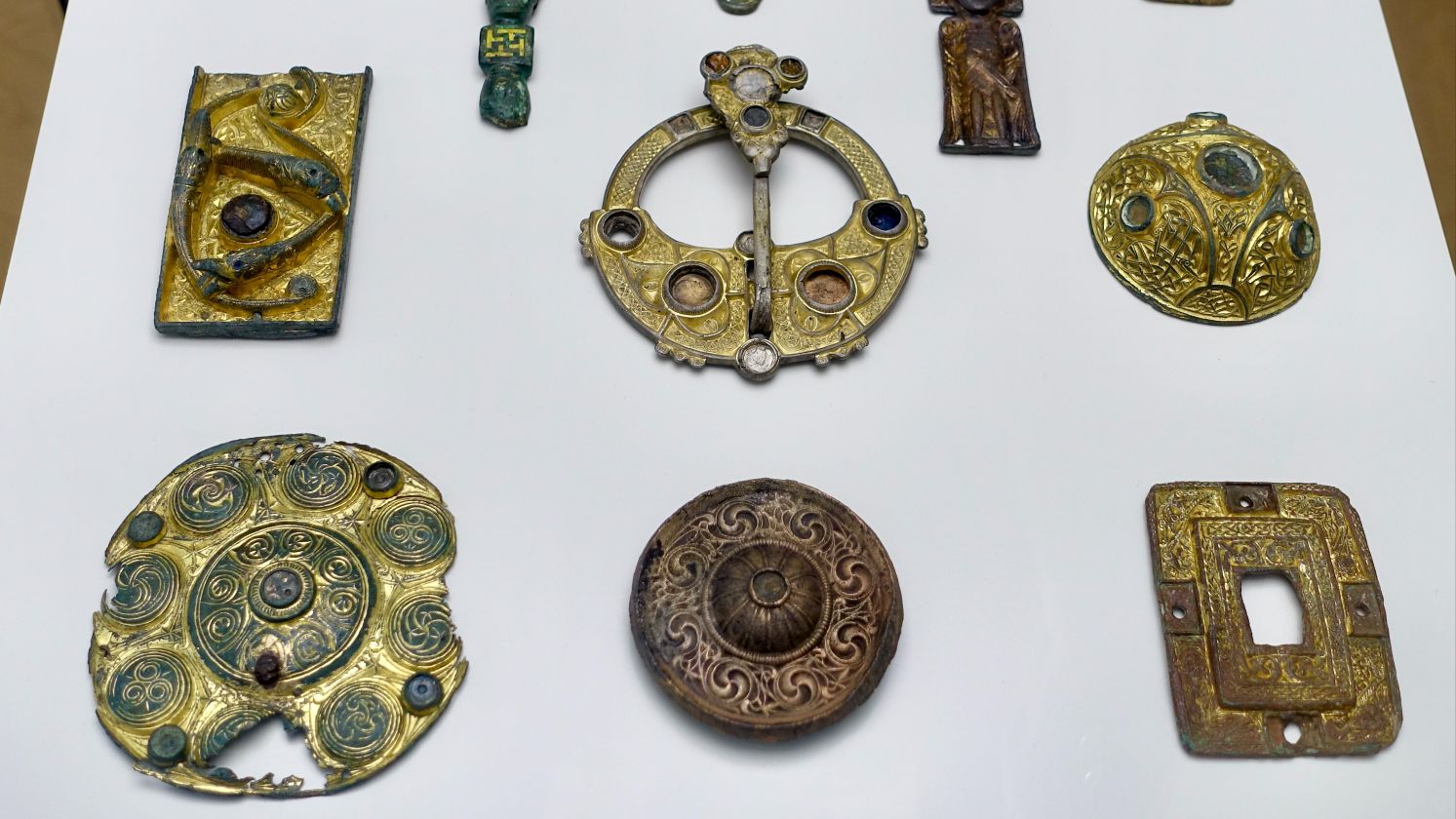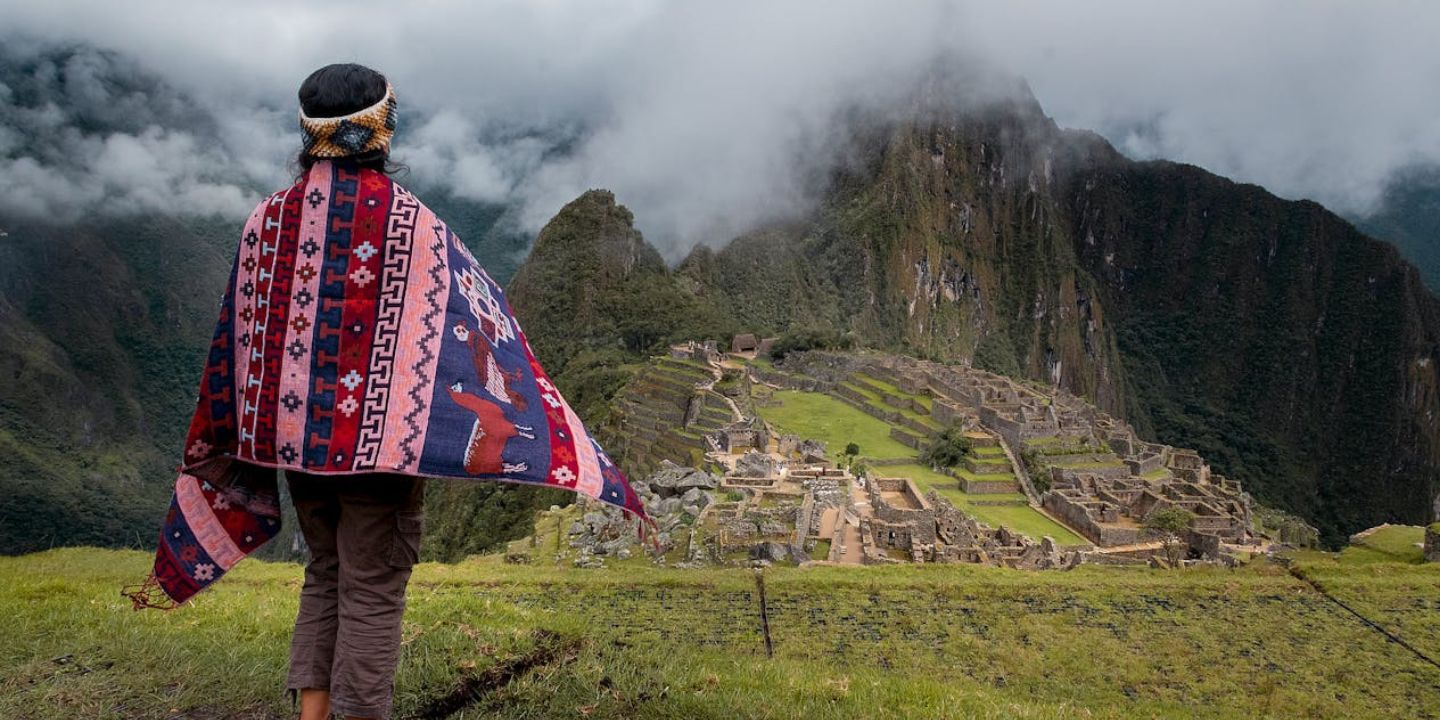20 Countries With Crazy Histories You Didn't Know About
How Many Of These Wild Histories Did You Know About?
Think you know your history? Think again. Textbooks often offer a sanitized version of the past, glossing over the truly peculiar and astonishing turns that have shaped nations. The world is full of tales that sound so dramatic, bizarre, and unexpected, that you'd think they're fiction. While some are horrendously tragic, others are amusing slices of serendipity. Here are 20 countries with the most remarkable lesser-known histories.
1. The Comoros
The Comoros is an island nation off the coast of Africa that has had 21 revolutions in its 42-year history. It's gone through everything from a Maoist uprising to an Islamist insurgence. A mercenary called Bob Bernard single-handedly toppled the country's governments four times and two out of the three islands tried to secede and rejoin France in the late 90s.
2. Liberia
The remarkable thing about Liberia was that it was founded by freed American slaves returning to Africa. It joined the Commonwealth and eventually proclaimed its independence in 1847, the first African country to do so.
3. Nauru
For much of the 20th century, this Pacific island republic was the richest country in the world per capita thanks to its phosphate reserves. However, in the 90s, it began to run out of this resource and the government's poor investments and lack of economic diversification made it one of the poorest countries in the world almost overnight. It declared bankruptcy in the 2000s and it continues to be heavily reliant on Australian foreign aid to this day.
4. Ethiopia
Ethiopia is one of the only countries in Africa never to fall into the hands of colonial powers, along with Liberia. The country defeated Italian invaders in 1896 under Emperor Menelik II and managed to maintain its independence even while all the other African countries were colonized. It again resisted them in 1935 when fascist dictator Mussolini tried to invade.
5. Equatorial Guinea
Equatorial Guinea is the only Spanish-speaking country in Africa. At the time of its independence, it had the highest literacy rate and the best economy in Africa. When it declared independence from Spain in 1968, Macias Nguema named himself "President for life," and either exiled or executed a third of the country's population causing the economy to collapse.
6. Paraguay
Paraguay lost around 70 percent of its male population in the War of the Triple Alliance which was the deadliest conflict in South America. The war which pinned Paraguay on one side against the triple alliance of Argentina, Brazil, and Uruguay on the other was largely driven by the ambitions of Paraguayan leader Francisco Solano López.
7. Haiti
Haiti, the world's first Black republic, was formed after a successful slave revolt. It successfully threw off French colonial rule but its economy was quickly crippled by reparations payments demanded by France for compensation to former slave owners. This debt wasn't paid off until 1947 and recently there have been calls for France to repay the money.
8. Cambodia
Cambodia, once a glorious ancient empire, spent much of the 19th and 20th centuries in turmoil. The country proclaimed its independence in 1953 nearly a century after France colonized it and the Khmer Rouge communist party took power in 1975, executing all of the country's educated "elite." Nearly a quarter of the population perished from starvation, torture, or execution in what was one of the bloodiest genocides of the modern era.
9. Suriname
Suriname is unique as the only Dutch-speaking country in South America. The Dutch took control of it following an exchange with Britain for New York (then New Amsterdam) and established plantations that relied on African slave labor. Many of the slaves they brought over escaped into the jungles and formed escaped slave communities called Maroons that fiercely resisted colonial rule and eventually signed peace treaties with the Dutch.
10. Finland
Vastly outnumbered, Finland fought off the Soviet Union on skis in what became known as the Winter War. Using guerilla war tactics, their knowledge of the terrain, all-white camouflage, Molotov cocktails, and sheer grit, the Finns only lost 25,000 troops versus the Soviet's 126,000 casualties. They still lost the war, having to cede 11 percent of the country's territory, but they maintained their independence from the USSR.
 http://sa-kuva.fi/ on Wikimedia
http://sa-kuva.fi/ on Wikimedia
11. Madagascar
A ruthless queen called Ranavalona I ruled Madagascar from 1828 to 1861. "The Mad Queen of Madagascar" fiercely opposed European and Christian influences, her policies managing to delay colonization for decades. She had a complex spy network, harsh traditional punishments, forced labor, and she's associated with the deaths of hundreds, leaving behind a complex legacy.
12. Tuvalu
Tuvalu is one of the smallest and most remote countries in the world and while there are many interesting things about the country's history, one of the quirkiest facts is that it received a significant portion of its national income by leasing its ".tv" web domain. The country code was assigned to Tuvalu in 1996, and, realizing the potential goldmine, the government of Tuvalu signed a contract with US-based company DotTV leasing the rights to the domain for millions. The funds collected have been allocated to several development projects on the island and even paid for its membership to the UN.
13. Portugal
We all know well about Hitler and Mussolini, but perhaps lesser-known is that Portugal was also ruled by a fascist dictator, António de Oliveira Salazar. His authoritarian regime held power from 1932 to 1968 and his oppressive rule is still very much a part of the Portuguese psyche.
 Manuel Alves de San Payo on Wikimedia
Manuel Alves de San Payo on Wikimedia
14. Poland
Poland has been partitioned out of existence by its neighbors several times starting in the late 18th century well into the 20th century. For over a century, there was no Poland on the map of Europe, then again at the beginning of WWII, it was caved up by the Nazis and Soviets. However, despite being erased from the map, the Polish identity persisted and is the reason Poland is its own country today.
15. Iran
Iran was home to one of the most powerful empires, Persia until it was suddenly taken over by Arabs. Despite that, Persian culture and language persisted and even flourished following the invasion. The country went through a progressive Constitutional Revolution in the 20th century, followed by rapid Westernization until the 1979 Islamic Revolution which set the groundwork for the country's current theocratic, anti-western political system.
16. Australia
From its inception as a British penal colony, Australia's history is full of character. For over 80 years, the UK sent convicts to Australia for crimes ranging from petty theft to murder. The racist "White Australia" policy which severely restricted non-European immigration, was only dismantled in the 1970s.
 Australian Natives' Association on Wikimedia
Australian Natives' Association on Wikimedia
17. Hawaii
Hawaii was taken over by a group of US businessmen in 1893. After winning the support of an American minister and the US Marines, they staged a coup against Queen Liliʻuokalani. The overthrow of a sovereign nation by foreign interests seeking capital gain is practically unheard of, and the annexation without the Hawaiian people clearly consenting is still a touchy subject.
18. Japan
From 1633 up to 1853, Japan was under a strict isolationist policy in which its citizens were forbidden from traveling abroad and foreigners were barred from entry. The idea was to preserve stability and expel international influence, particularly Christianity. This isolationism caused Japan to develop a truly unique culture but kept it in the dark technologically.
19. Latvia
Many people don't know that this small Baltic country actually had a brief period as a colonial power. The Duchy of Courland and Semigallia (what is now Latvia) established colonies in present-day Tobago and on the Gambia River in Africa. Although short-lived, the idea of this small nation taking part in the scramble for overseas territory along with the world's largest powers is quite remarkable.
20. East Timor
The history of East Timor is plagued by bad luck and constant occupation by foreign powers. The country was first colonized by Portugal, then Japan invaded during WWII but the Timorese resisted, only to land in the hands of Portugal again. They finally declared independence in 1974 but were invaded just nine days later by Indonesia whose occupation was brutal and only came to an end in 2002.
KEEP ON READING

1 Weird Fact About Every President
Washington, Lincoln, FDR. Most people know something about the lives…
By Robbie Woods Dec 3, 2024
10 Amazing Popes & 10 Who Weren't So Great
An Odd Cast of Characters Throughout History. From popes who…
By Henry Judd Apr 29, 2025
10 Ancient Civilizations You Don’t Want to Be Trapped In…
Grab Your Time Machine. Trying to pick out an ancient…
By Farva Ivkovic Feb 21, 2025
10 Brilliant Military Tactics That Changed History & 10 That…
That Time Egypt Fought 100 Cats. Sometimes reality is stranger…
By Farva Ivkovic Jan 22, 2025
10 Common Misconceptions About Vikings & 10 Facts Everyone Should…
Truth's Way Cooler Than Legend. You can say a lot…
By David Davidovic May 12, 2025
10 Cool Facts About Machu Picchu & 10 Reasons Why…
Why Do We All Want To See Machu Picchu?. Machu…
By Megan Wickens Oct 23, 2024


















